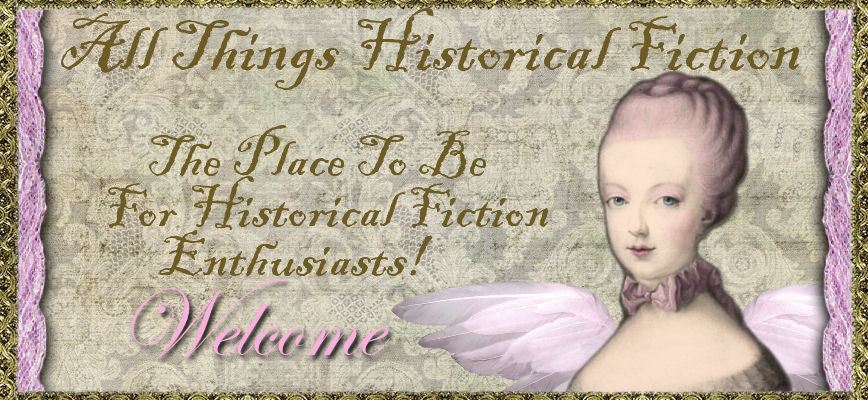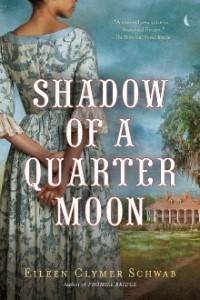Historical Fiction as a Collage By Carson Morton
In my novel, Stealing Mona Lisa, a fictionalized account of the actual theft of The Mona Lisa from the Louvre Museum in 1911, one of the characters discovers the artistic potential of creating avant-garde collages. A collage is a good metaphor for how I created the plot that turns a simple act of theft into a fully fleshed out mystery, adventure, romantic thriller to (hopefully) keep the reader turning the pages till there simply are no more. The challenge in trying to accomplish this was to take the existing elements: an historical fact, the mythology that grew up around that fact, a devastating natural disaster; and find a thread that, with the help of real and imagined characters, tie them all together.
The first elements in the collage were the facts of the actual theft. In 1911, a disgruntled former employee of the Louvre, Vincenzo Peruggia, hid overnight in a paint-supply closet and emerged the following morning, a day the museum was closed for cleaning. Disguised as a maintenance man, he walked into the Salon Carré, lifted The Mona Lisa off the wall, stuffed it under his workman’s blouse, and walked out into the streets of Paris. Being an Italian, he apparently had some vague idea that the masterpiece belonged back in Italy where it had been created by Leonardo DaVinci 500 years previously. Apparently in no hurry to repatriate his prize, he kept it under his shirts in a drawer for two years before trying to sell it to the Uffizi Gallery in Florence, Italy. He was arrested for his troubles. Other than the audacity of the crime, there was not much story there.
The next element was the account, almost certainly apocryphal, that emerged years later concerning a suave mastermind, the Marquis de Valfierno, who orchestrated the theft as part of a scheme to sell six copies to six American Robber Barons. Now we were getting somewhere. Elements one and two, Peruggia and Valfierno, fit together quite nicely. The next task was to assemble the rest of the team. From Ulysses to The Dirty Dozen, every good adventure involves the assembly of a team of misfits. Emilé was a young street urchin when Valfierno first found him. For years, he has been Robin to Valfierno’s Batman. Julia Conway is a young American pickpocket whose sticky fingers prove indispensible to the scheme. And finally there is Diego, the brooding, bad-tempered artist who will create the perfect forgeries. Now I had to come up with a worthy adversary or two. The main target of Valfierno’s scam is Joshua Hart, a filthy rich Robber Baron who will stop at nothing to get what he wants. He makes the perfect antagonist, but just for good measure, there is Carnot, the persistent French police inspector whose career will be ruined if he does not apprehend the thieves and recover The Mona Lisa.
Two more elements were needed to make the collage work: motivation and a great setting for a slam-bang climax. The original motivation, of course, was money and lots of it. But that would never be enough to make a reader care. Luckily, Joshua Hart has a rather beautiful, but neglected young wife, Ellen. Ellen was forced into the marriage to provide for her incapacitated mother after her father died leaving the family penniless. Hart treats his wife as little more than a possession, and Valfierno, breaking his own rule of never mixing business with pleasure, finds himself falling for the lovely “bird in a gilded cage.” But how to help her without jeopardizing his carefully planned-out scheme? Not only motivation, but a powerful dilemma!
Which left one more element to be put into place: a dramatic setting for the climax of the story. Time for a little research. I came up with the idea of using the Paris Metro as the background for the final confrontation. It had opened only ten years earlier in 1900 and was still under construction at the time of my story. Perhaps a sort of “The Great Train Robbery” chase in the tunnels beneath Paris would do the trick. But then I stumbled onto something even more interesting, a photograph of men in a boat floating on the tracks of a Metro station. Digging deeper, I quickly discovered that around the time of my story, Paris was inundated by a terrible flood that sent thousands fleeing to higher ground, and, more importantly, flooded train stations and Metro tunnels. This was the final piece of the puzzle, the final element of the story collage. By blending all these elements together with some careful coloring around the edges, I would have a full-blooded story that would take the reader through the pages like the flood washed my characters through the Metro tunnels beneath Paris. That was the hope anyway.
They say a picture is worth a thousand words, but I hope my 90,000 words will paint a series of colorful pictures revealing the Paris of long ago, a romantic City of Light, contrasted with the dark shadows of intrigue and duplicity.
Book Synopsis:
What could be more lucrative than stealing Da Vinci’s masterpiece Mona Lisa from the Louvre Museum and selling it to an American Robber Baron? How about stealing it and selling six exact copies to six American Robber Barons?
This is the plan that master conman Eduardo de Valfierno comes up with in the historical novel, Stealing Mona Lisa. Loosely based on the true story of the theft of the world’s greatest painting in 1911, the novel is set against the colorful milieu of early 20th Century Paris.
At first, Valfierno’s plan goes like clockwork, but his scheme begins to unravel when he finds himself falling in love with Ellen, the young bird-in-a-gilded-cage wife of Joshua Hart, his richest and most powerful - not to mention vindictive - customer. The story climaxes against the backdrop of another actual event from the same time period, the devastating flooding of Paris by the rain-swollen River Seine.
This is the plan that master conman Eduardo de Valfierno comes up with in the historical novel, Stealing Mona Lisa. Loosely based on the true story of the theft of the world’s greatest painting in 1911, the novel is set against the colorful milieu of early 20th Century Paris.
At first, Valfierno’s plan goes like clockwork, but his scheme begins to unravel when he finds himself falling in love with Ellen, the young bird-in-a-gilded-cage wife of Joshua Hart, his richest and most powerful - not to mention vindictive - customer. The story climaxes against the backdrop of another actual event from the same time period, the devastating flooding of Paris by the rain-swollen River Seine.
This giveaway is open to both the US and Canadian Residents! It will end August 12th at 12:00 A.M.
Giveaway Guidelines:
-You must be a Follower of this blog through the GFC follower in order to be entered into this giveaway.
-Please leave your name and email address in order for me to contact you if you are the winner. If an email is not listed then unfortunately you will not be entered.
+1 extra entry for being a new follower of this blog.
+1 extra entry each time you post this giveaway on twitter, facebook and/or on your blog somewhere. To count please leave a link in the comment section.
















